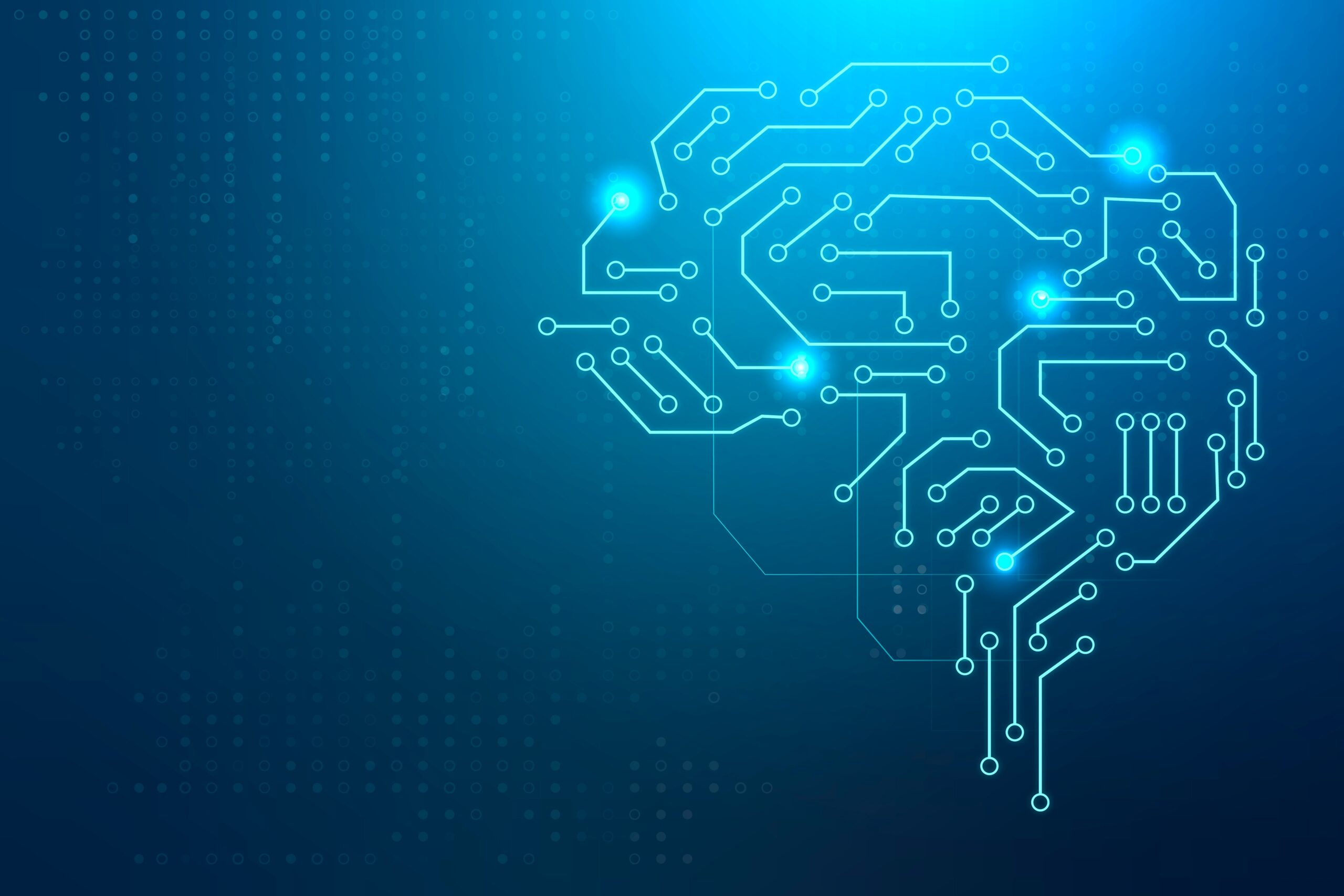AI-Powered Business Transformation
AI for your future. Automate, gain insights, transform.

Artificial intelligence (AI) has rapidly evolved in recent years, transforming various sectors of our society. From voice assistants like Siri to recommendation algorithms used by platforms like Netflix, AI has become an integral part of our daily lives. However, the current AI systems that we interact with are known as narrow AI or weak AI, designed to perform specific tasks with limited capabilities. The next step in AI evolution is Artificial General Intelligence (AGI), where machines possess human-like cognitive abilities and can understand, learn, and respond to any intellectual task.
AGI represents the ultimate goal of AI development, where machines can think, reason, and adapt like humans. While narrow AI systems excel in their designated domains, they cannot generalize their knowledge and skills across different tasks. AGI aims to bridge this gap by creating machines that possess a holistic understanding of the world, can learn from diverse experiences, and perform a wide range of intellectual tasks.
The path towards achieving AGI is not a straightforward one. It is a complex and challenging task that requires significant advancements in various fields, including computer science, neuroscience, and psychology. Unlike the development of narrow AI applications, which can be built independently to solve specific problems, AGI necessitates the integration of different cognitive abilities into a unified system.
Experts believe that the emergence of AGI will be a gradual process rather than an abrupt event. It requires the development of a computational system that closely resembles the biological processes of the human brain. Additionally, algorithms need to be designed to enable machines to build abstract representations and make limitless connections, rather than relying on vast datasets and extensive training.
To grasp the significance of AGI, it is important to differentiate it from narrow AI. While both AI and AGI involve the use of machines to simulate human intelligence, they differ in their capabilities and scope.
AI, as we currently know it, refers to the development of systems that are designed to perform specific tasks with a narrow focus. These AI systems excel at tasks like image recognition, natural language processing, and recommendation algorithms. However, they are limited to their designated domains and cannot transfer knowledge and skills to unfamiliar tasks.
On the other hand, AGI aims to create machines that possess human-like cognitive abilities, including common sense, background knowledge, transfer learning, abstraction, and causality. AGI systems should be capable of understanding and learning from any intellectual task, mirroring the full range of human skills. Unlike narrow AI, AGI is not constrained to a specific domain or task and can adapt to new situations.
To achieve true AGI, researchers must focus on developing systems that closely resemble the biological processes found in the human brain while incorporating three essential components of consciousness: an internal mental model of surroundings, a perception of time for predicting future outcomes, and an imagination to consider multiple potential actions.
AGI systems need to possess an internal mental model that allows them to perceive their surroundings and understand their position within them. This mental model acts as a reference point, enabling the system to navigate and interact with the world.
A crucial aspect of AGI is the ability to perceive time, allowing the system to anticipate future outcomes based on its current actions. This temporal perception enables the machine to plan and make decisions like humans.
Imagination plays a vital role in AGI by allowing the system to consider multiple potential actions and evaluate their outcomes. This ability to simulate scenarios and envision different possibilities facilitates more informed decision-making.
Developing these components of AGI requires advancements in various fields, including machine learning, cognitive science, and neuroscience. Researchers need to explore ways to enhance machines’ ability to perceive the world, predict outcomes, and simulate alternative scenarios.
While the concept of AGI is captivating, numerous challenges must be overcome to realize its full potential. These challenges span technological, ethical, and societal domains, and they require careful consideration and proactive measures.
Developing AGI necessitates significant advancements in several technological areas. These include:
Addressing these technological challenges requires ongoing research and development to push the boundaries of AI capabilities.
The development of AGI raises important ethical considerations that must be carefully addressed. These include:
Ethical considerations should be an integral part of AGI development to ensure the technology is deployed in a manner that benefits humanity as a whole.
The emergence of AGI will have far-reaching implications for society. These include:
Societal impact assessments and proactive policies are essential to navigate the transformative effects of AGI and ensure a positive outcome for all.
As we embark on the journey towards AGI, it is crucial to approach its development with a clear understanding of the challenges and potential risks involved. To unlock AGI’s potential for the benefit of humanity, we must adopt a multidisciplinary approach that combines technological advancements with ethical considerations and societal impact assessments.
Collaboration between researchers, policymakers, and industry stakeholders is essential to address the technical challenges, establish ethical guidelines, and navigate the societal implications of AGI. By combining our collective expertise and perspectives, we can shape AGI into a transformative force that improves lives, enhances human capabilities, and fosters a more equitable and sustainable future.
As we move forward, it is imperative to prioritize transparency, accountability, and responsible governance to ensure AGI’s development aligns with our shared values and aspirations. AGI has the potential to revolutionize our world, but it is up to us to guide its evolution and harness its power for the greater good. Let us embark on this transformative journey with wisdom, foresight, and a commitment to human well-being.
Need a tailored solution? Let us build it for you.
Connect Today